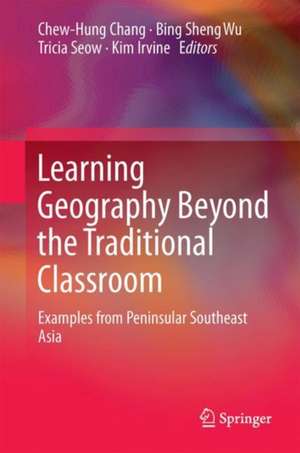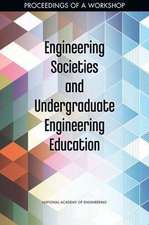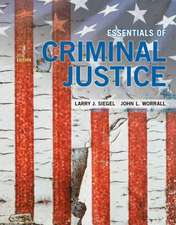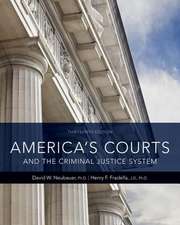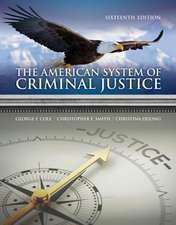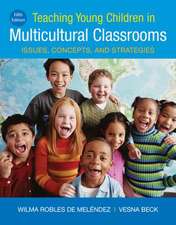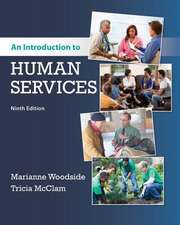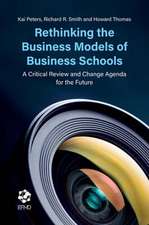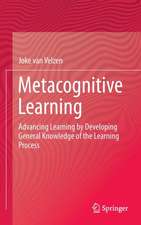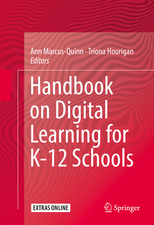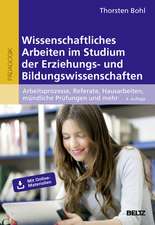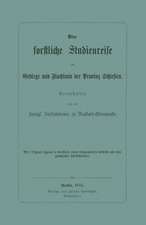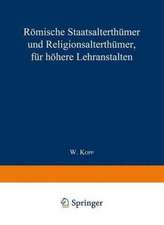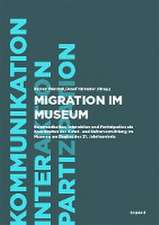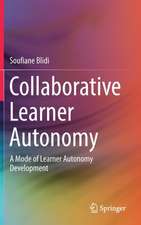Learning Geography Beyond the Traditional Classroom: Examples from Peninsular Southeast Asia
Editat de Chew-Hung Chang, Bing Sheng Wu, Tricia Seow, Kim Irvineen Limba Engleză Hardback – 24 mai 2018
| Toate formatele și edițiile | Preț | Express |
|---|---|---|
| Paperback (1) | 500.91 lei 38-44 zile | |
| Springer Nature Singapore – 16 dec 2018 | 500.91 lei 38-44 zile | |
| Hardback (1) | 643.16 lei 6-8 săpt. | |
| Springer Nature Singapore – 24 mai 2018 | 643.16 lei 6-8 săpt. |
Preț: 643.16 lei
Preț vechi: 756.65 lei
-15% Nou
Puncte Express: 965
Preț estimativ în valută:
123.08€ • 126.05$ • 102.39£
123.08€ • 126.05$ • 102.39£
Carte tipărită la comandă
Livrare economică 19 martie-02 aprilie
Preluare comenzi: 021 569.72.76
Specificații
ISBN-13: 9789811087042
ISBN-10: 9811087040
Pagini: 176
Ilustrații: X, 214 p. 50 illus.
Dimensiuni: 155 x 235 mm
Greutate: 0.49 kg
Ediția:1st ed. 2018
Editura: Springer Nature Singapore
Colecția Springer
Locul publicării:Singapore, Singapore
ISBN-10: 9811087040
Pagini: 176
Ilustrații: X, 214 p. 50 illus.
Dimensiuni: 155 x 235 mm
Greutate: 0.49 kg
Ediția:1st ed. 2018
Editura: Springer Nature Singapore
Colecția Springer
Locul publicării:Singapore, Singapore
Cuprins
1 The where and how of learning Geography beyond the classroom.- 2 Learning in the field: A conceptual approach to field-based learning in Geography.- 3 Teaching geography with technology: A critical commentary.- 4 Assessing how Geography is learnt beyond the classroom.- 5 What happened to the textbook example of the Padang Benggali groyne field in Butterworth, Penang?.- 6 The River Guardian Program for Junior High Schools on the “River of Kings”, Thailand.- 7 Paradigm Shift in Humanities Learning Journey.- 8 Authentic Learning: making sense of the real environment using mobile technology tool.- 9 Location-aware, context-rich field data recording, using mobile devices for field-based learning in Geography.- 10 High-speed Mobile Telecommunication Technology in the Geography Classroom.- 11 Social Media: A Space to Learn.- 12 School leadership and teachers’ comfort level in using Information and Communications Technology (ICT) to enhance geographical learning: The case of lower secondarygeography in Singapore.- 13 Reflecting on field-based and technology enabled learning in Geography.
Notă biografică
Dr. Chang Chew-Hung is an associate professor in the Humanities and Social Studies Education Academic Group and also Associate Dean of the Office of Graduate Studies and Professional Learning, National Institute of Education, Nanyang Technological University, Singapore.
Dr. WU Bing Sheng is an assistant professor at the National Taiwan Normal University, Taipei, Taiwan. His research interests are GIS, remote sensing, urban modeling, volunteered geographical information, and spatial learning.
Dr. Kim Irvine is an associate professor at the National Institute of Education, Nanyang Technological University, Singapore. He has published 100 peer-reviewed articles and book chapters, primarily related to water-resource management and water-quality issues.
Textul de pe ultima copertă
This book provides a collection of critical pieces that support the idea that good teaching and learning of geography in fieldwork and using technology should consider the dimensions of curriculum design, instructional design and resource provision, as well as assessment for such learning activities. Further, it clearly describes the thinking, experiences and critical comments concerning two broad areas of learning outside the traditional classroom – in the field and with technology.
Caracteristici
Includes theoretically informed chapters and practices that are illustrated by examples from a region that is developing a prominent discourse about teaching and learning geography Clarifies and documents a representative voice on how geography is taught and learnt outside the classroom across the region Describes the thinking, experiences and critical comments concerning two broad area of learning outside the traditional classroom – the field and technology
